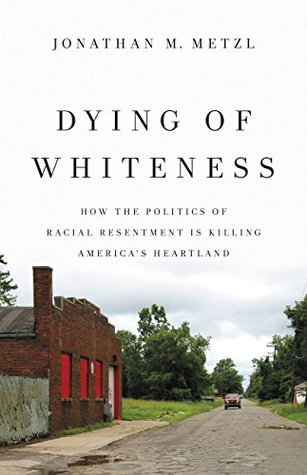On myriad levels, white men gained group cohesion by “fighting back” against health care reform or retaining their own notions of status and privilege, even as they themselves suffered from conditions that required medical assistance. Putting their bodies on the line created categories of us versus them, defenders versus invaders. And perhaps the gain then accrued, not so much from a biomedical perspective but from what historians and theorists such as Du Bois have described as the psychological benefits of being white—or what historian George Lipsitz once termed a “possessive investment in
...more
Welcome back. Just a moment while we sign you in to your Goodreads account.


